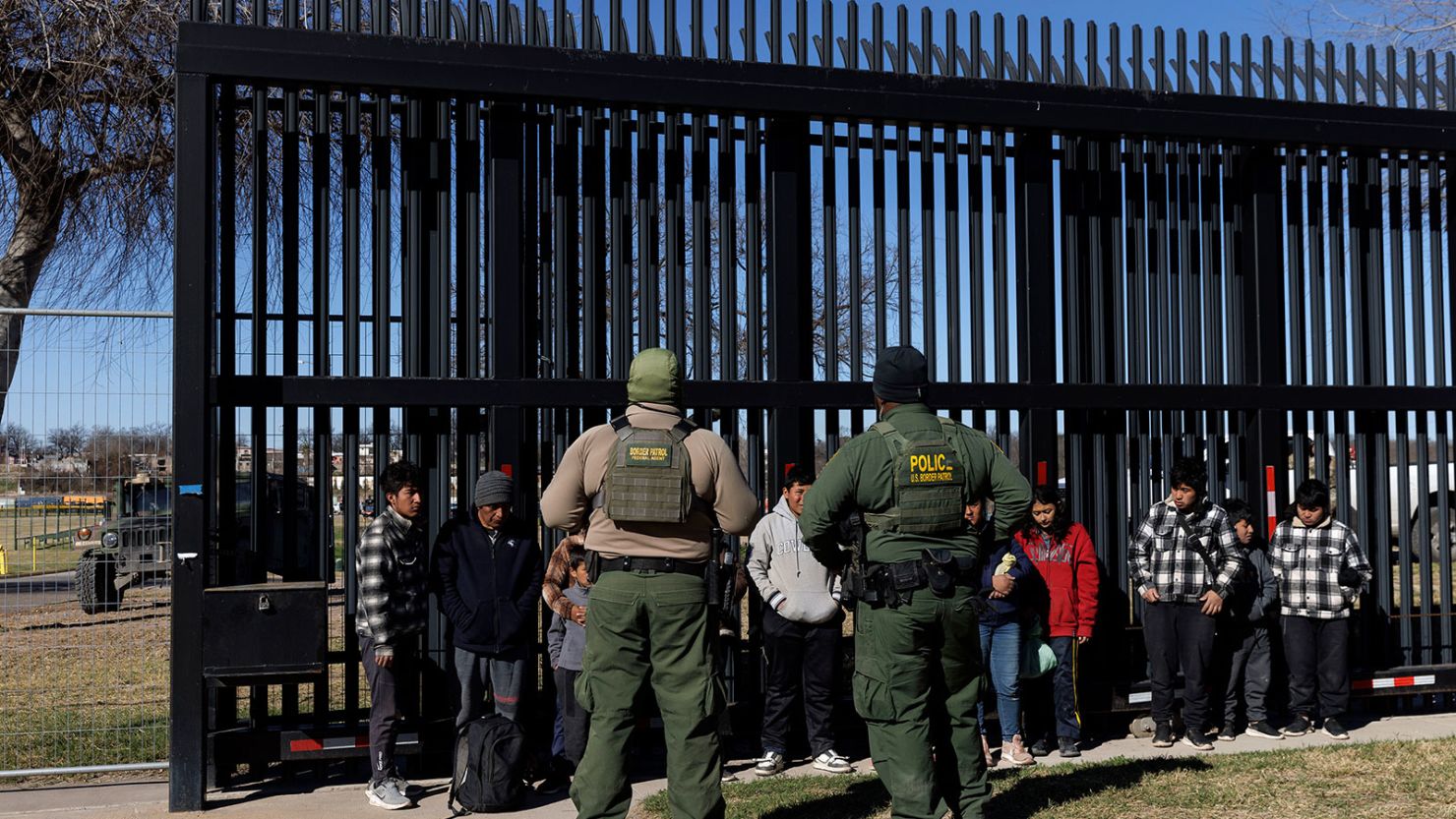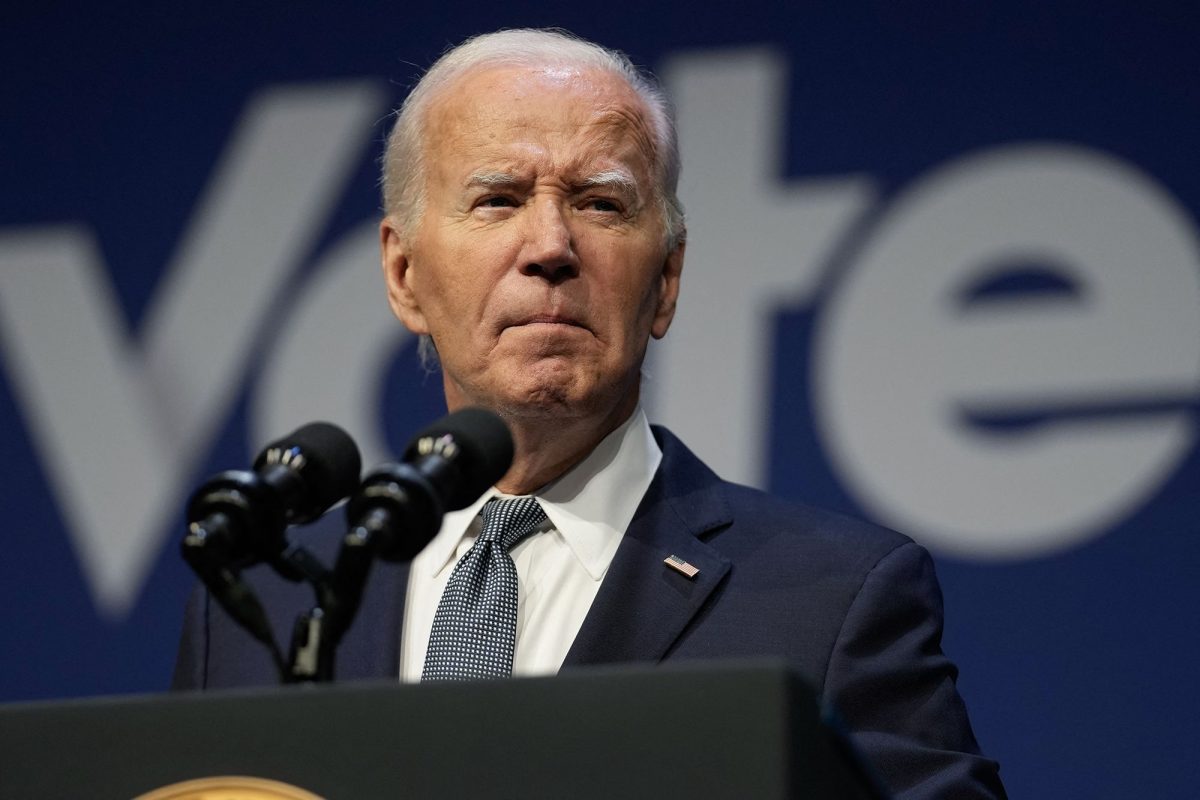CNN — A federal judge on Thursday expressed concern and skepticism over a controversial law that makes entering Texas illegally a state crime while hearing oral arguments over a motion for a preliminary injunction to block the law.
The measure, SB4, which is set to go into effect on March 5, grants local and state law enforcement the power to arrest migrants and state judges the ability to issue orders to remove them to Mexico. The Department of Justice sued the state, arguing the federal government has exclusive authority to enforce immigration law.
US District Judge David Ezra emphasized that he was sympathetic to the state’s concerns about the complicated situation at the border and the issues plaguing the country’s immigration system, making it clear that something must be done to improve the nation’s immigration laws. He also added that he’s served as a federal judge in several cities along the border, including San Diego and Del Rio.
But Ezra was not shy in critiquing the bill passed by the state’s legislature last year and fully embraced by Texas Republican Gov. Greg Abbott. Civil rights groups and immigration advocacy groups who are also part of the lawsuit have warned that the bill will separate families, lead to racial profiling and make undocumented migrants who are already in the US fearful of reporting crimes.
Ezra sharply questioned several provisions within the law and flat out rejected the state’s argument that an “invasion” was taking place at the Texas-Mexico border.
The state argued in the Austin courtroom that SB4 is complementary — not in conflict — with federal law and that Texas is “entitled to defend itself from an invasion,” especially from what it called a “full-scale invasion of transnational criminal cartels.”
While he acknowledged the role cartels play in the border crisis, Ezra pushed back at the notion that an influx of migrants constituted an “invasion.”
“I really do not see any evidence that Texas is at war,” he said, though he said the state is “definitely under pressure.”
Ezra also speculated that if he were to rule that SB4 was “perfectly fine,” it could ignite a domino effect of other states creating their own interpretations of federal immigration law — a situation he described as a “nightmare.”
Ryan Walters, an attorney with the Texas attorney general’s office, pointed out that states along the border largely enforced their own immigration laws and deported migrants until the late 1800s.
Ezra countered that because the states were “doing their own thing,” Congress stepped in and created a unified law over who can come into the country. Ezra said the law still needs more work, “but that doesn’t mean the law we have isn’t enforceable.”
Further, he said the removal provisions in the Texas legislation would burden state judges with making decisions that typically fall within the jurisdiction of immigration judges. He worried parts of the law would confuse judges over whether to follow state or federal statutes, especially when it comes to a migrant who’s legally seeking asylum while also facing felony prosecution from the state.
“It is a quandary of some proportion,” Ezra said.
The state argued that arresting migrants is not unprecedented for the state, as it’s been arresting migrants for trespassing for more than two years.
But the judge argued there was a difference, saying SB4 “goes far beyond that” by allowing a judge to order a migrant to be removed once prosecuted.
Ezra said he would rule “as quickly as I possibly can,” assuring both parties he would give enough time for either side to file an appeal.
The judge made clear he did not see this case ending quickly.
“I would not be surprised at all if this case finds its way to the Supreme Court,” he said.
CNN’s Kaanita Iyer contributed to this report.


















